UCL affiliated centres and partners
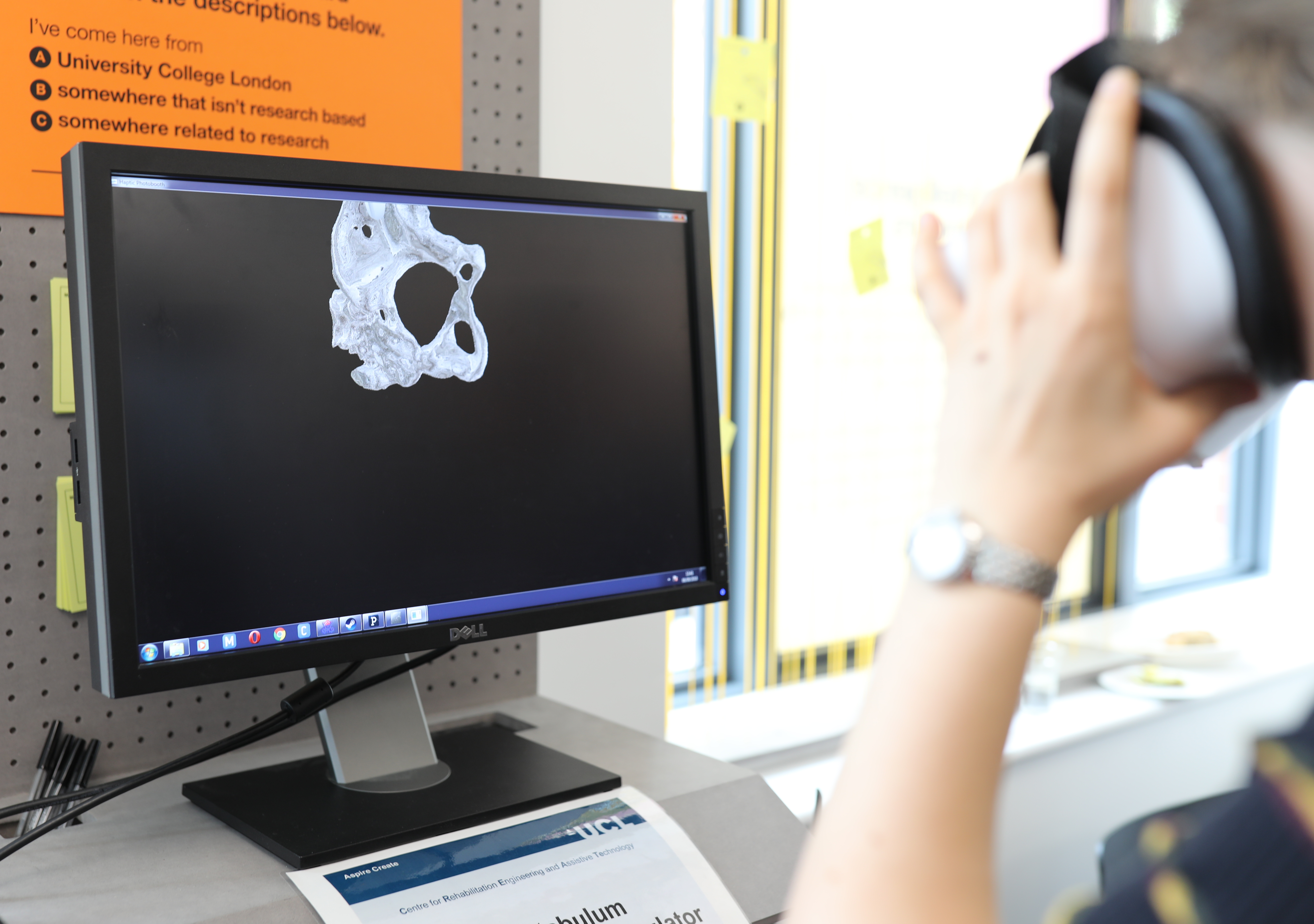
Aspire CREATe Centre for Rehabilitation Engineering and Assistive Technology
Aspire Create, the Centre for Rehabilitation Engineering and Assistive Technology, is an exciting new joint research venture between the Aspire Charity, University College London and the Royal National Orthopaedic Hospital, Stanmore. This rapidly growing centre investigates techniques that are applicable and transferable between different domains in related areas of interest, including, but not limited to spinal cord injuries, stroke, muscular dystrophy, amputation, the ageing population and training of specialised skills (e.g. surgical).
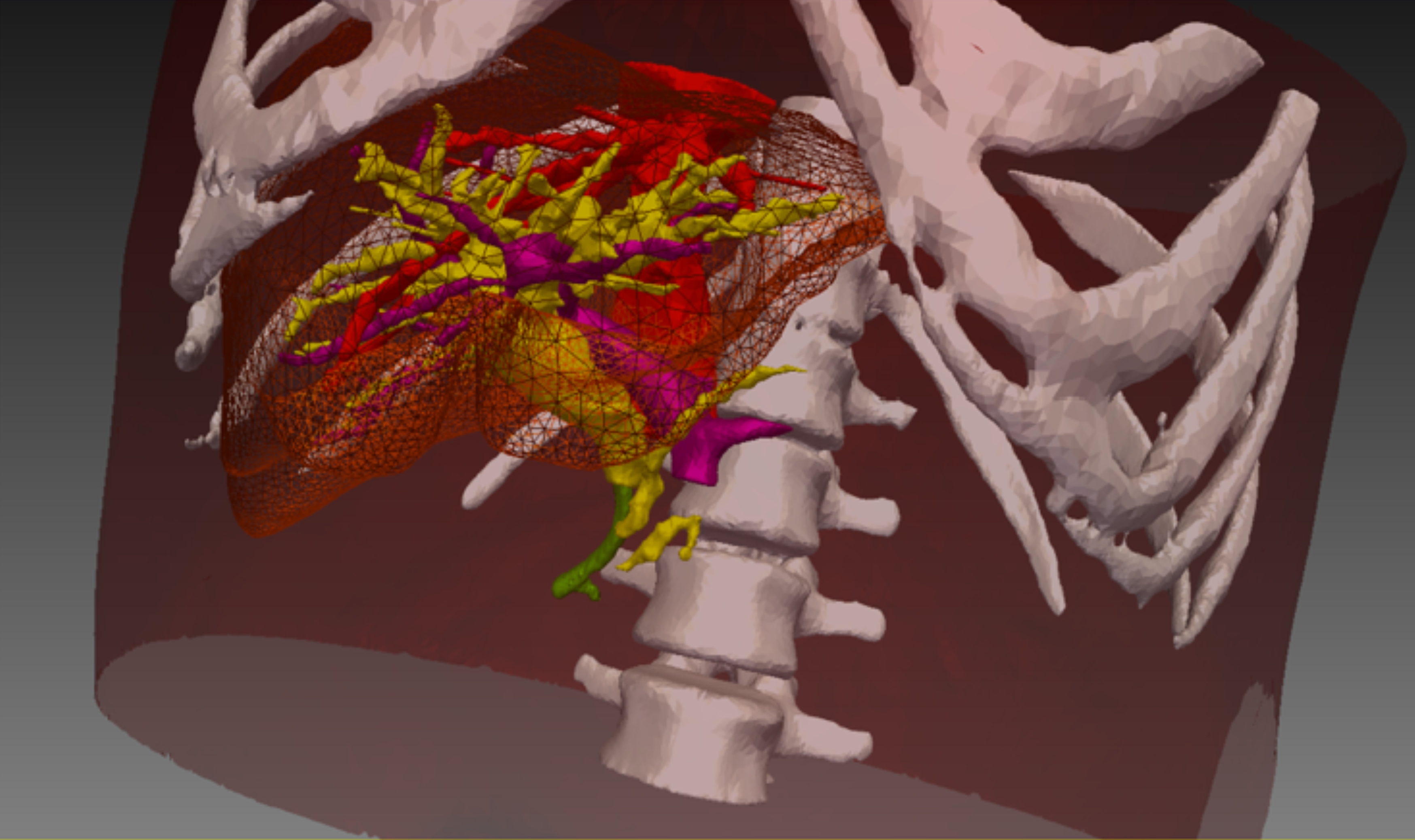
Centre for Medical Image Computing (CMIC)
CMIC was established in 2005 to act as an interface between engineering and biomedical sciences. Their aim is to make impact on key medical challenges facing 21st century society and to perform world leading research on medical imaging, image-analysis problems and applications.
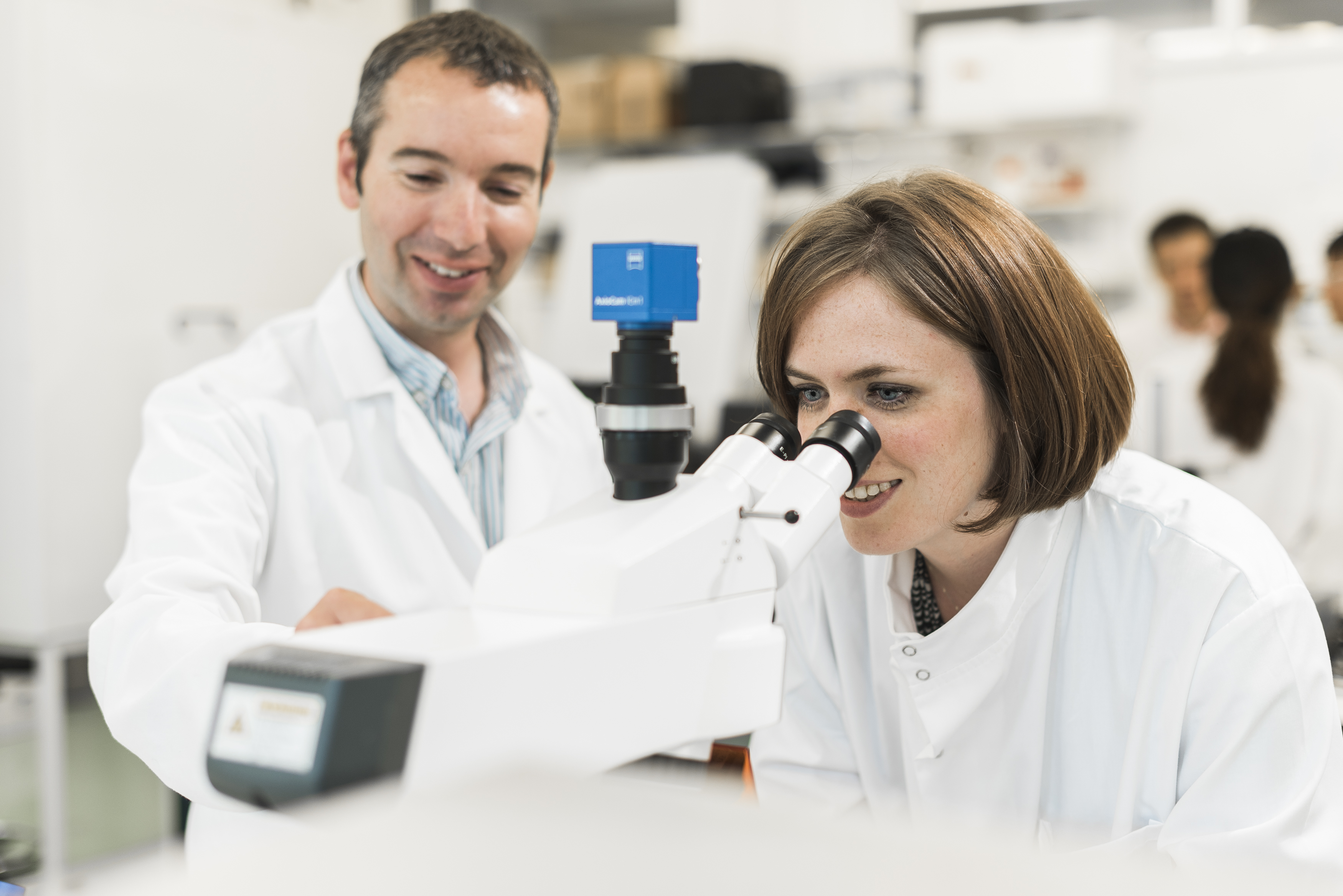
UCL Centre of Nerve Engineering
The UCL Centre for Nerve Engineering was launched in May 2017, with the aim of bringing physical and life scientists together to engineer solutions to clinical nerve repair problems. Their membership spans scientists, engineers and clinicians from across UCL and the UCL Hospitals.
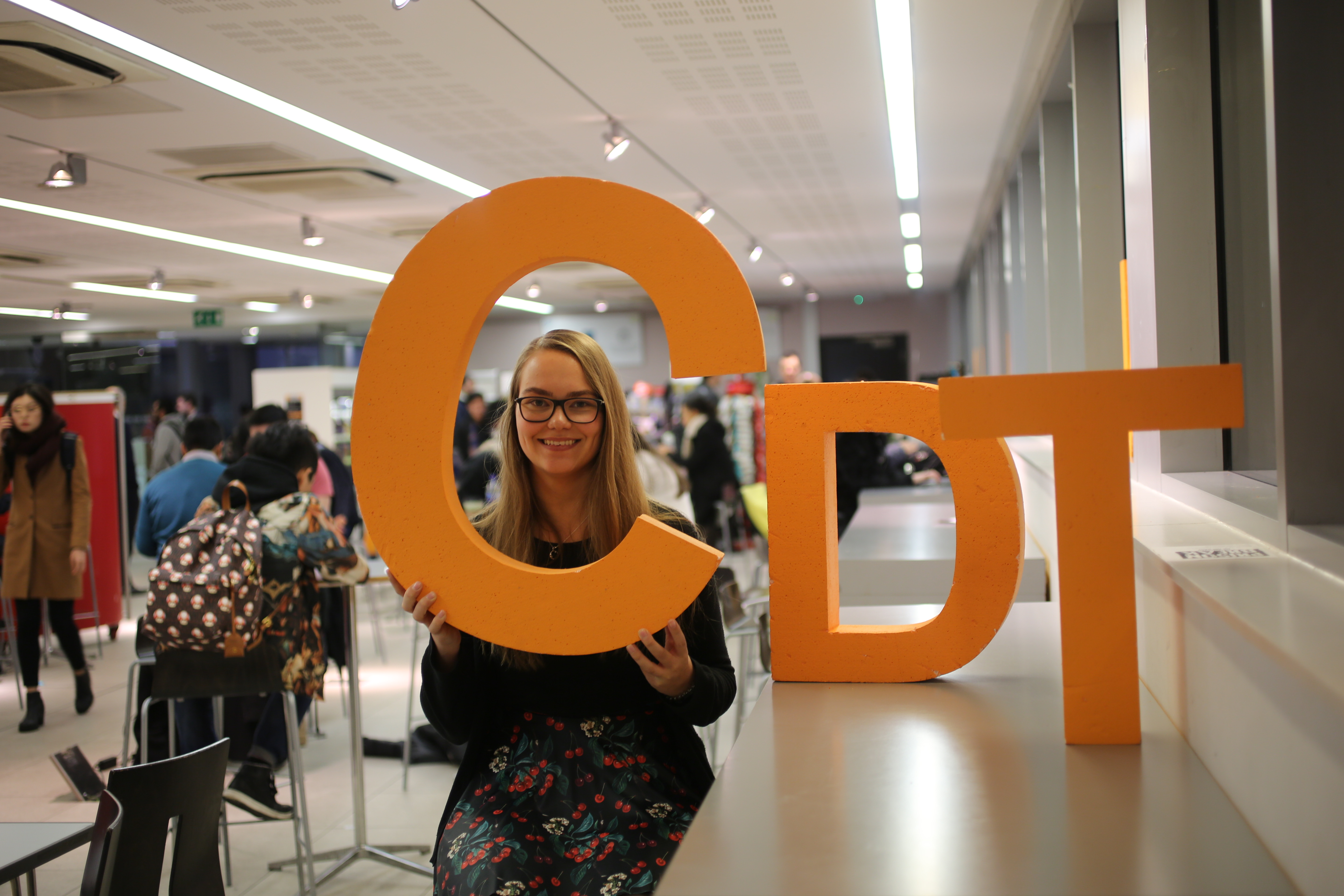
UCL EPSRC Centre for Doctoral Training in Medical Imaging
The CDT in Medical Imaging provides training for the translational imaging leaders of the future. Direct clinical links underpin their doctorates, ensuring that all research projects are relevant and have potential application to the clinical sector. The CDT is integrated professionally and managerially with elements of the three NIHR Biomedical Research Centres (BRCs) and the Biomedical Research Unit in dementia associated with UCL.
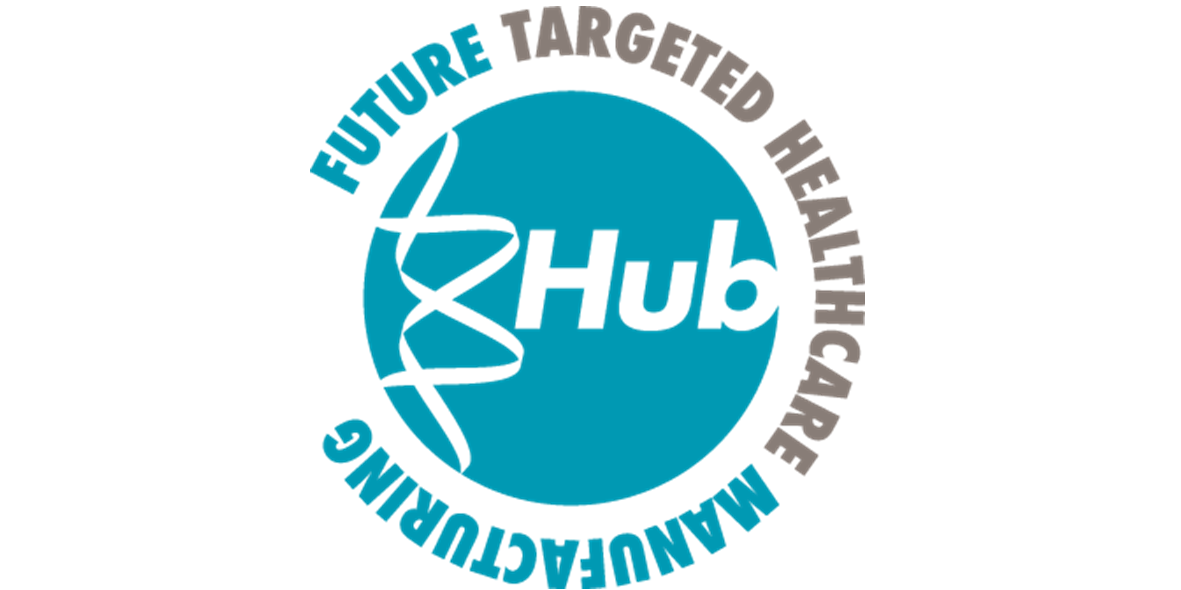
Future Targeted Healthcare Manufacturing Hub
UCL Biochemical Engineering has an outstanding track record and is a world leader in bioprocess research across a range of sectors. UCL’s Future Targeted Healthcare Manufacturing Hub engages leading academics across the UK as Spokes. This national asset is valued in excess of £20M over 7 years (2017–2024). The Hub will address the manufacturing, business and regulatory challenges to ensure that new targeted biological medicines can be developed quickly and manufactured at a cost affordable to society.
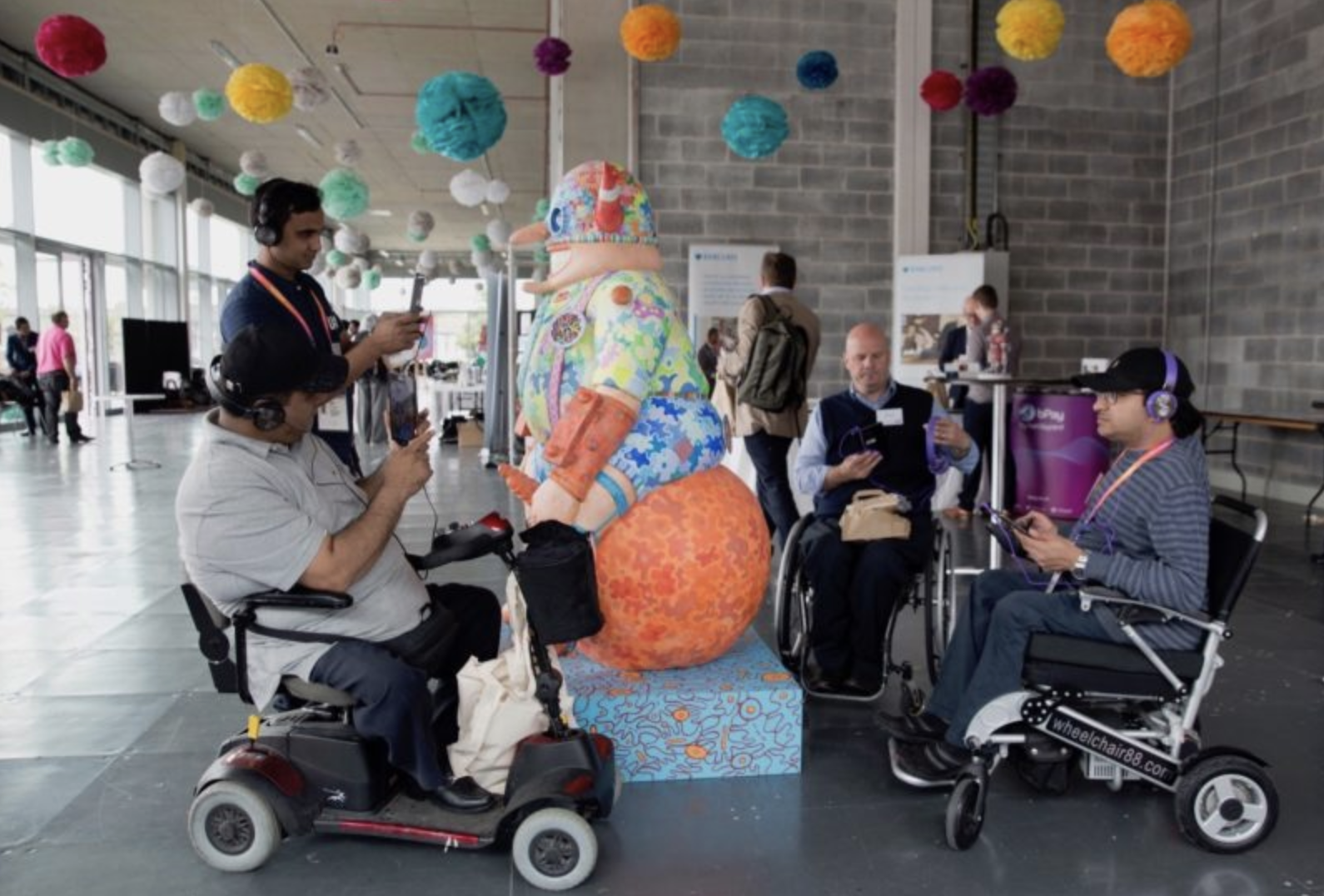
Global Disability Innovation Hub
The GDI Hub is building a movement to accelerate disability innovation for a fairer world. They harness academic excellence, innovative practice and co-creation to tackle global challenges from a new perspective. They aim to change how we think about disability through co-design, collaboration, and innovation. They provide a platform for the talents of disabled people and the expertise of practitioners, academics and local communities. Over the next ten years they want to become the leading place to research, study, practice and share disability innovation, globally.
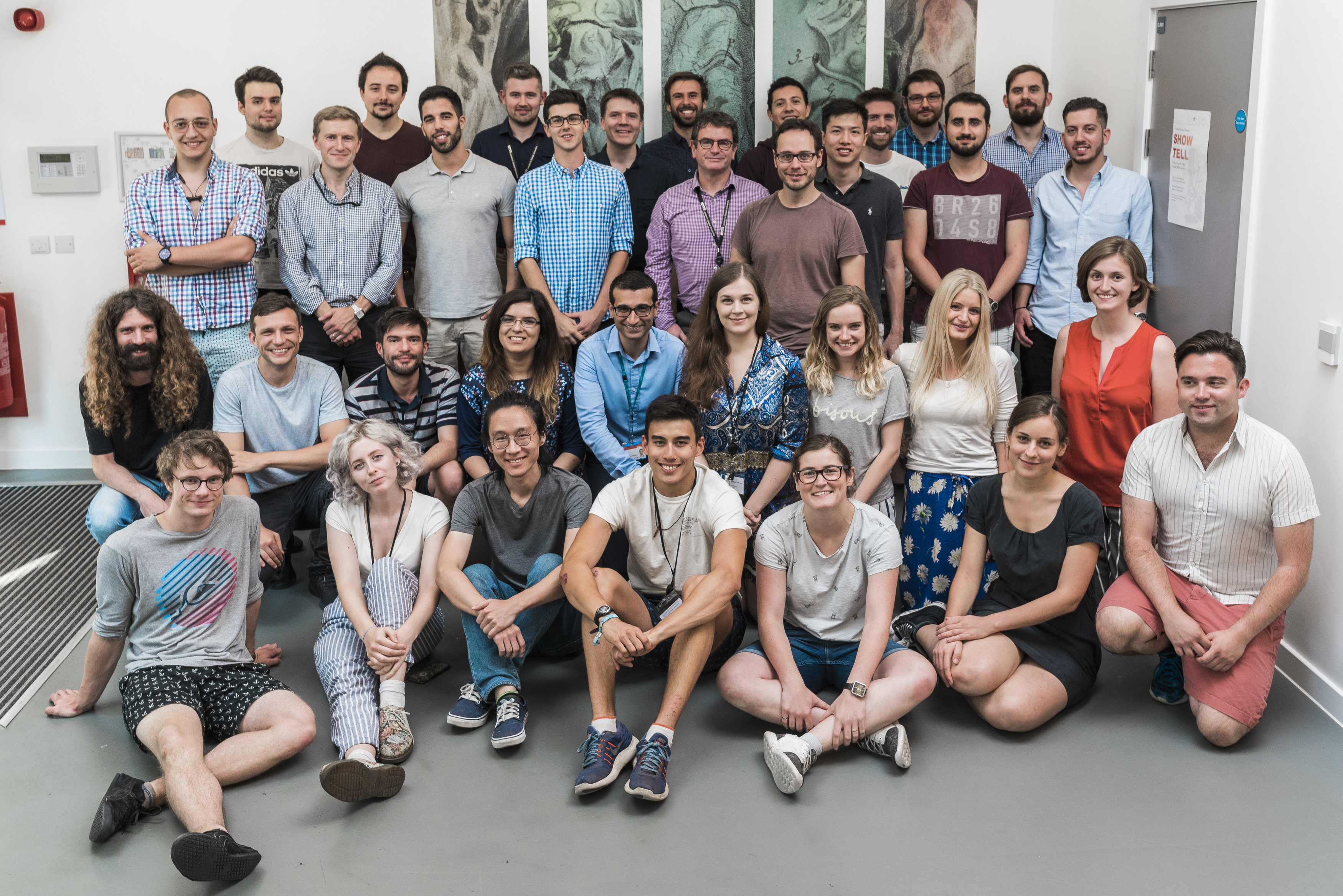
Wellcome / EPSRC Centre for Interventional and Surgical Sciences (WEISS)
By combining the strength of engineering and clinical sciences at UCL, WEISS aims to ensure that innovative engineering solutions are reaching the clinic to benefit patients. The research is being developed with a wide range of clinical applications in mind, including vascular, paediatric, ophthalmic, neurological and prostate surgical interventions. In particular, the Centre advances engineering sciences in intraoperative imaging and sensing, data fusion and extraction, human-technology interfaces, tissue modelling, interventional instrumentation and surgical navigation.
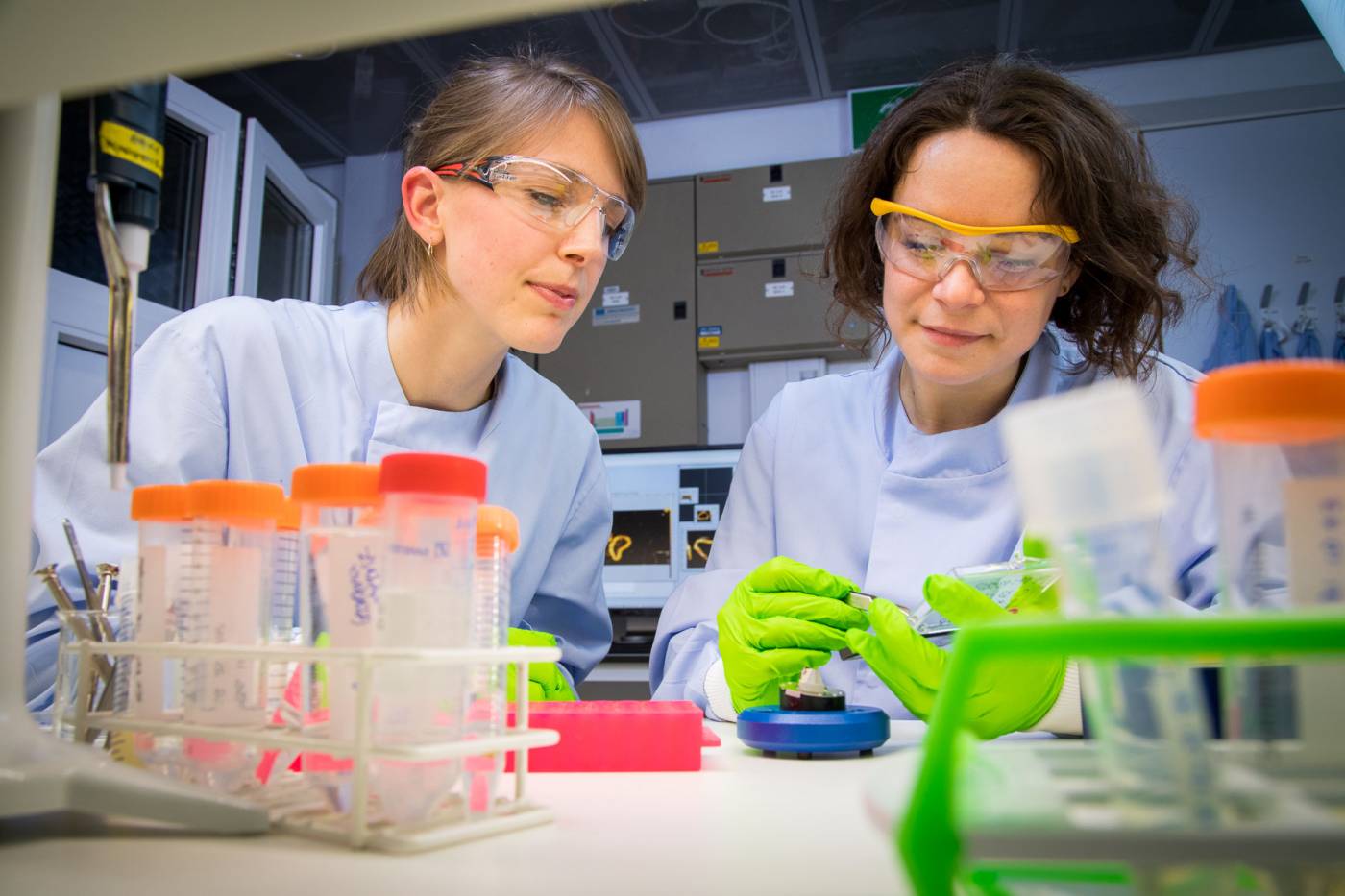
i-sense EPSRC IRC Early-Warning Sensing Systems for Infectious Disease
i-sense aims to build a new generation of digital sensing systems to identify and prevent outbreaks of infectious disease and antimicrobial resistance, much earlier than ever before.

Institute of Health Informatics
Health data from individuals have increased in size and complexity. The UCL Institute of Health Informatics specialises in using data to find the best way to keep people healthy and prevent disease when people are sick.

Institute of Making
The Institute of Making is a multidisciplinary research club for those interested in the made world.
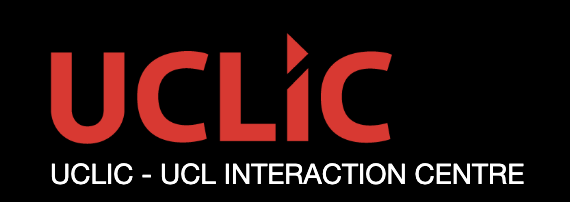
UCL Interaction Centre
UCLIC is a world-leading centre of excellence in Human-Computer Interaction teaching and research.
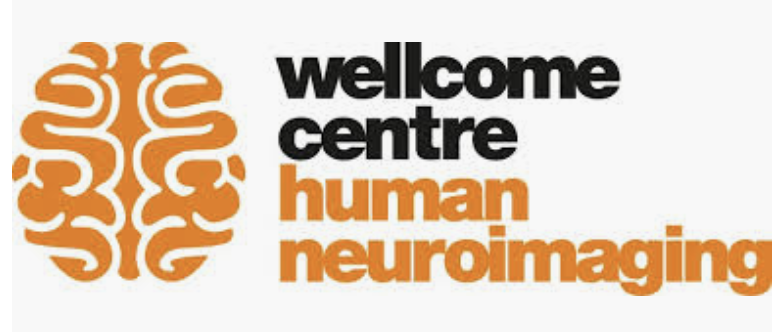
Wellcome Centre of Human Neuroimaging
The Wellcome Trust Centre for Neuroimaging at UCL (incorporating the Leopold Muller Functional Imaging Laboratory and the Wellcome Department of Imaging Neuroscience) is an interdisciplinary centre for neuroimaging excellence.
They bring together clinicians and scientists who study higher cognitive function using neuroimaging techniques. Their goal is to understand how thought and behaviour arise from brain activity and how these processes break down in neurological and psychiatric disease.
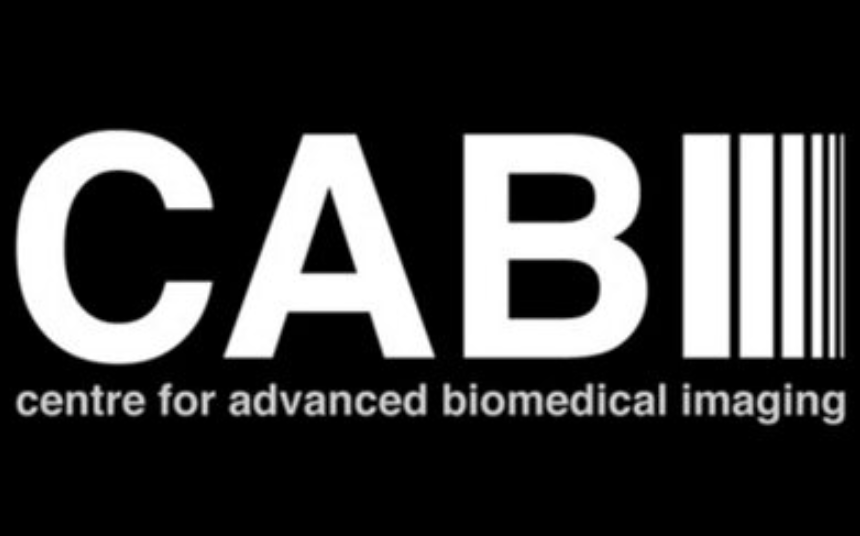
UCL Centre for Advanced Biomedical Imaging (CABI)
CABI is a world-class imaging centre located in the heart of the UCL campus. The Centre hosts 12 state-of-the-art imaging modalities and 50 researchers from across a wide range of disciplines including physics, biology, pharmacology, engineering, nanoscience, chemistry, as well as molecular and cellular biosciences.
 Close
Close

